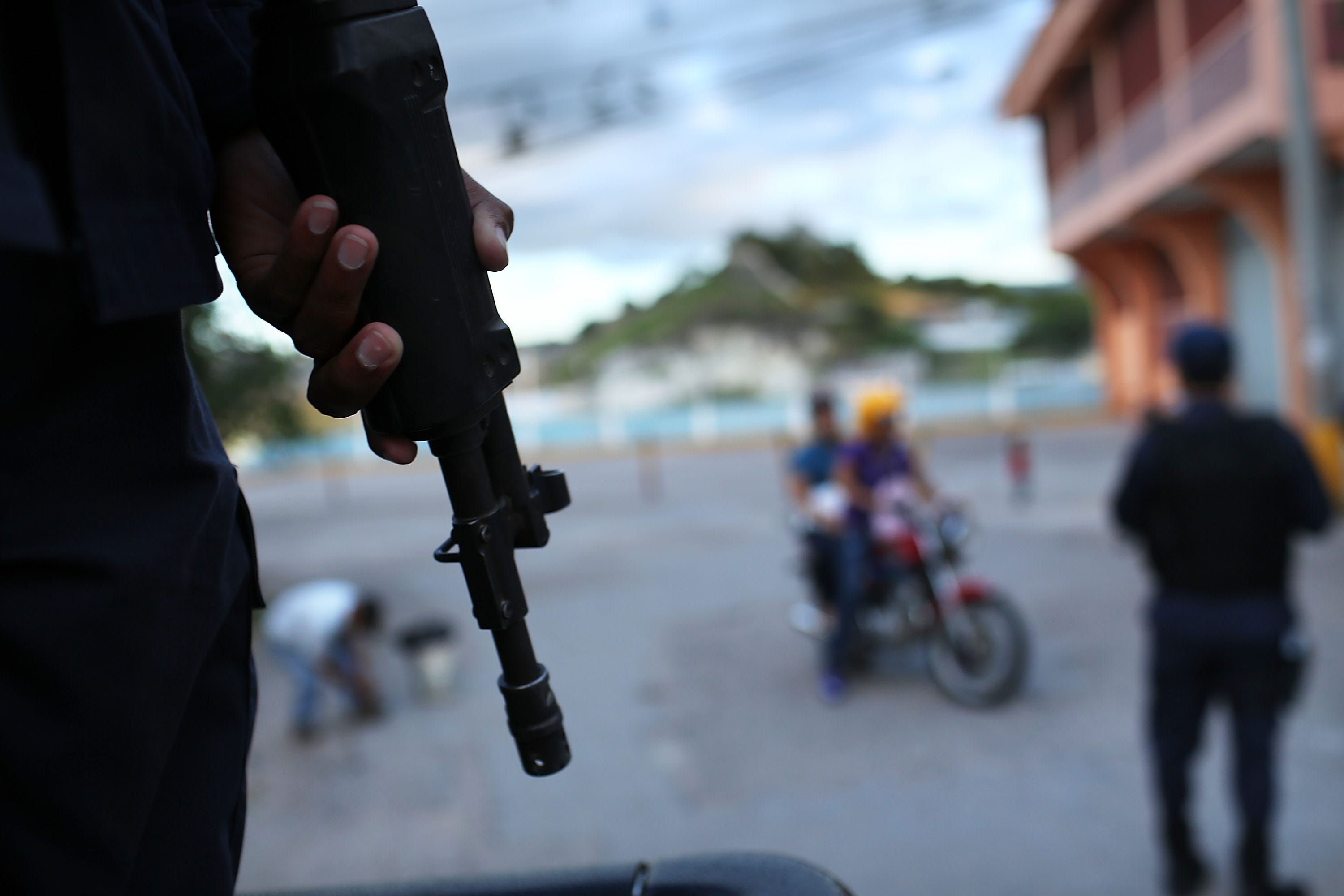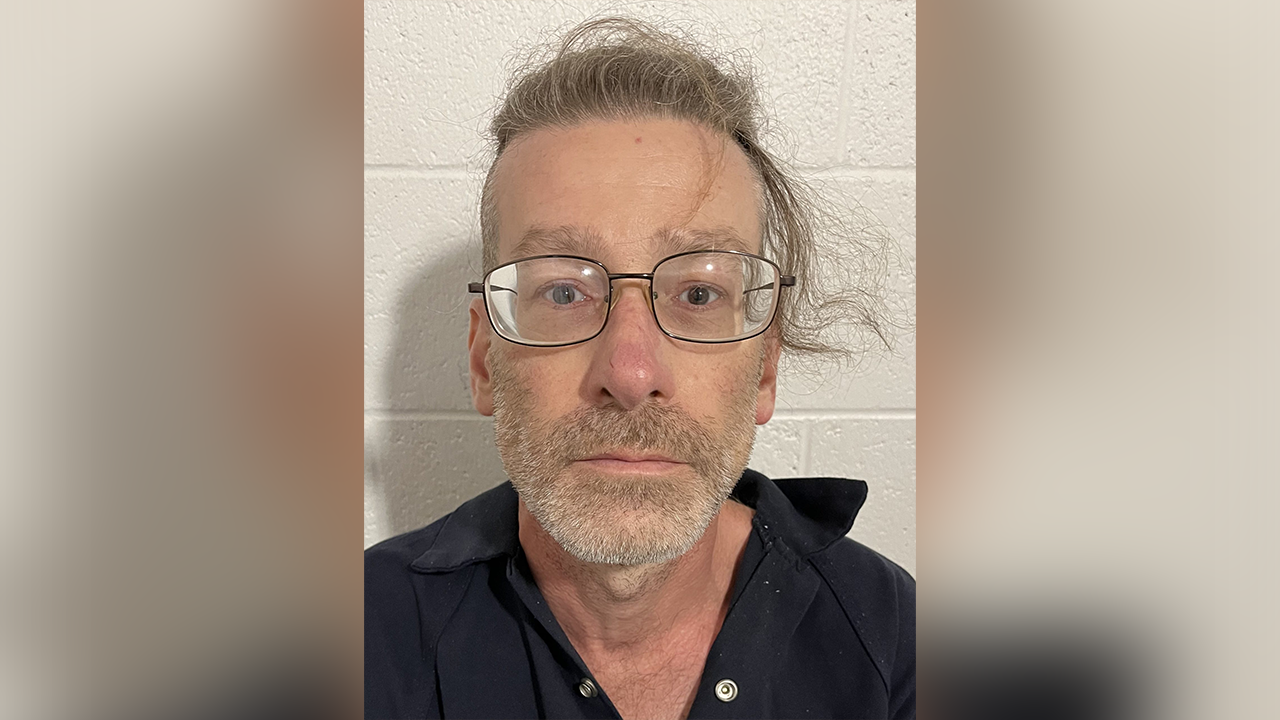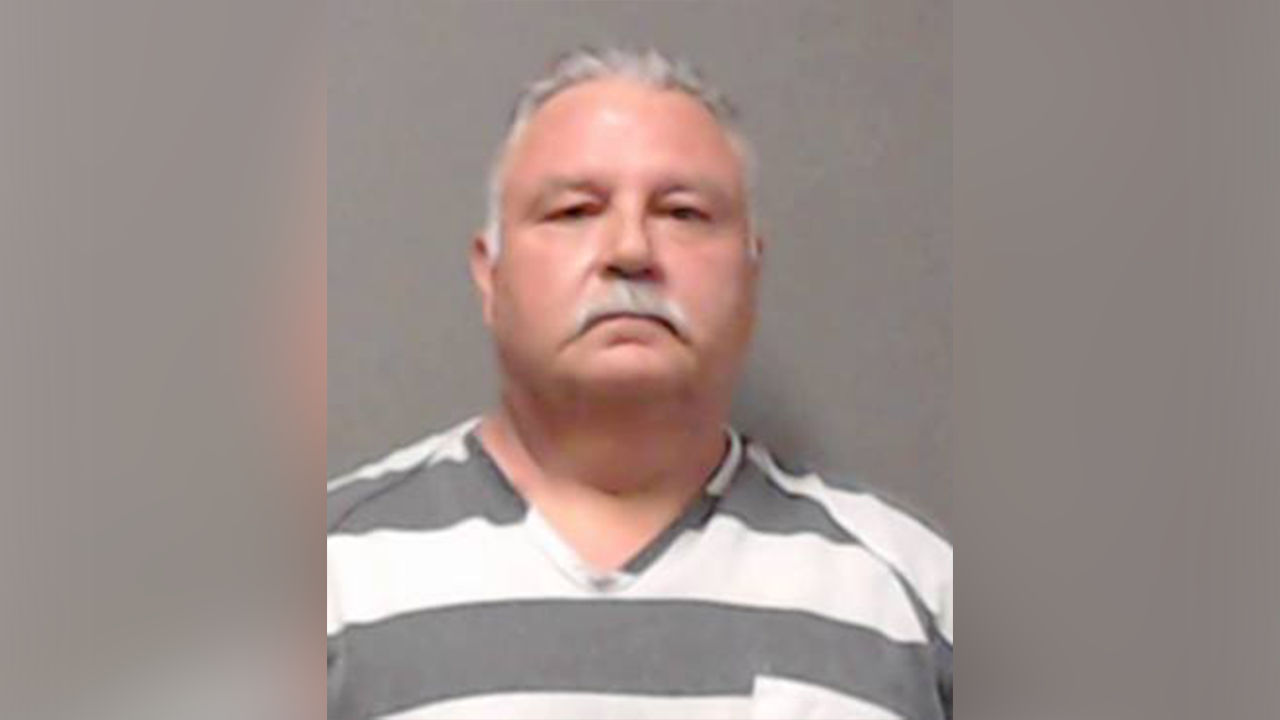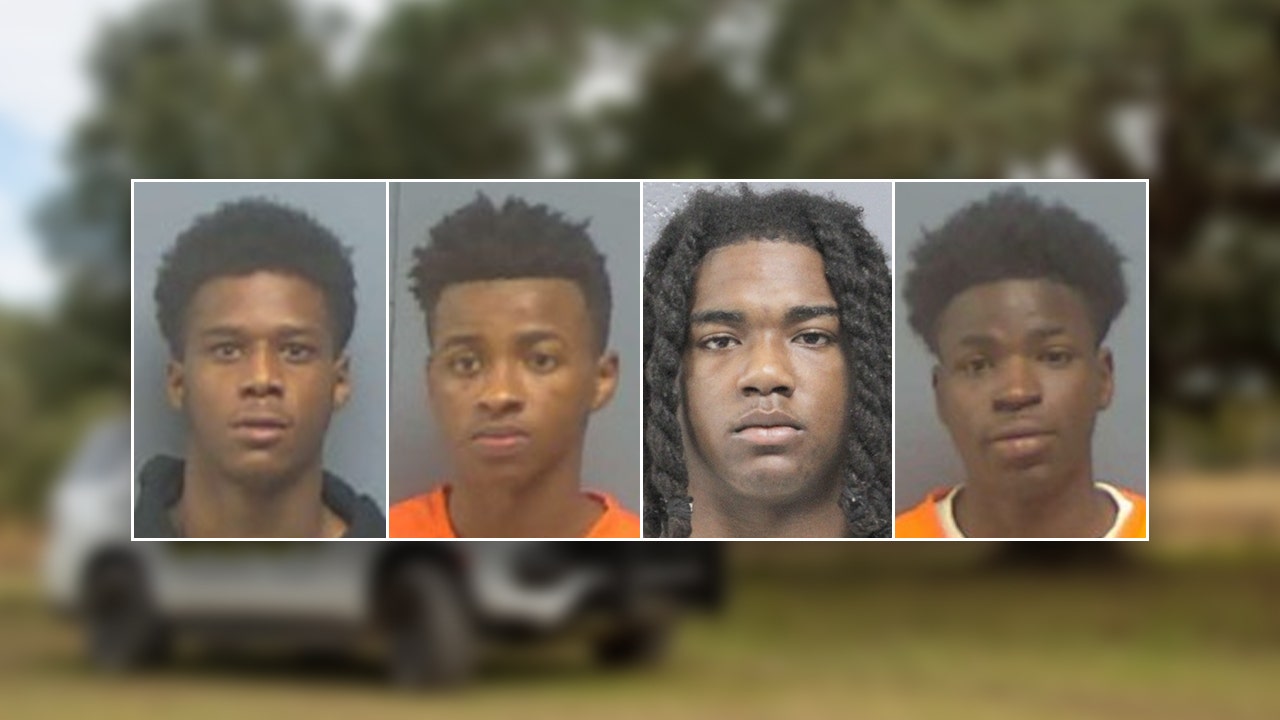Keith Rose, a 64-year-old hot tub salesman, arrived at former President Donald Trump’s Las Vegas campaign rally yesterday wearing a necklace with a golden pendant shaped like a tiny horn.
“It’s an Italian horn, a sign of luck,” Rose told me, although he clarified that, as a longtime Vegas resident who knows the house always wins, he does not believe in luck. “The odds are always going to be against you, no matter what,” he said.
That’s the case for Trump these days, he added. “The odds are against him because of everything that Democrats are trying to do to keep him down.”
The care and keeping of good fortune has always been an inexorable part of Trump’s self-image, in politics, business and the law. He told Oprah Winfrey in the 1980s that there was no word more important than luck; he recently declared himself the personal good luck charm for the winner of the Miami Grand Prix.
“This whole idea of him, ‘Everything I touch turns to gold,’ he’s always believed that,” said Jack O’Donnell, a former casino executive who worked with Trump in Atlantic City, N.J. He added that Trump was exceptionally lucky to do well there even as his businesses failed.
But this weekend in Las Vegas, at his first campaign rally since his luck ran out in court, Trump seemed to align himself with Rose’s down-and-out theory of the case. Trump spent much of the rally complaining: about the heat, the apparently malfunctioning teleprompters, his legal troubles. He heaped blame upon Democrats, hoping a tale of bad things happening to him would be just as motivating to his base as the charmed version of his life story.
It was a good bet. In the crowd and on the stage behind him, the supporters he has long primed to embrace his grievances held up his misfortunes like a badge of honor.
“We will walk through hell to put Donald J. Trump back in the White House, and take back America,” Michael McDonald, the chair of the Nevada Republican Party, who has been indicted in relation to a scheme to provide Trump with fake electors in 2020, said onstage.
Drear and loathing in Las Vegas
The temperature hovered around 100 degrees as Trump took the stage on Sunday afternoon. It was noon, so shadows were few and far between. Even the breeze was hot.
Trump tried to downplay the heat at first. “It’s not bad,” he told thousands of people who had been standing outside for hours (at least six attendees were taken to the hospital, according to the Clark County Fire Department). But then he descended into his own complaints.
“Everybody was so worried yesterday about you, and they never mentioned me. I’m up here sweating like a dog,” Trump said. “I’m working my ass off. I’m working hard.”
There was a second stroke of bad luck: The glitchy teleprompter, which left the former president apparently without a script. He reached for his timeworn anecdotes, complained at length about migrants, digressed about the dangers of shark attacks and bragged about how well he was doing without his prepared speech.
“I pay all this money to the teleprompter people, and I’d say 20 percent of the time they don’t work,” Trump said, before declaring his speech better for it and inaccurately claiming that his opponent, President Biden, cannot read a teleprompter.
But he reserved his biggest complaints for a justice system that, he says, is stacked against him.
“When he indicted me over nothing,” he said, seemingly referring to Alvin Bragg, the district attorney of Manhattan who brought the case in which Trump was convicted, “they opened up a whole new box, and I got indicted again and again and again.”
Accusing his political foes of weaponizing the Justice Department, Trump insisted his travails had a bright side. “We just had the largest fund-raising effort in a period of one week that anybody has ever had.”
‘I’m voting for the convicted felon’
As my colleague Michael Gold pointed out in his coverage of the rally, Trump avoided the fact that, less than two weeks ago, he was convicted of 34 felony counts of falsifying business records. But in front of this crowd, he didn’t have to.
Several rallygoers filed in wearing brand-new T-shirts and tank tops that declared, “I’m voting for the convicted felon,” turning Trump’s legal status into a kind of campaign fuel.
“He is like Superman,” said Nanette Welter, 54, a medical office manager who had purchased one of the shirts specially to wear to the rally. She had also, she said, donated $100 to his campaign. “Everyone I know, they’re against it. We know what’s going on. We the people see that he’s innocent.”
Andrea Cramblit, 60, who also wore one of the shirts, said she thought the conviction would fire up people like her. “Everybody’s staying together,” she said, “trying to stay motivated and working for the right thing: Get him elected and let it go from there.”
Joseph Rice, 28, a Republican, thought Trump’s conviction made him seem all the more like a regular person. “Normal Americans don’t get away with” anything, he said, using an expletive. “If Trump doesn’t get away with it, that shows he’s a normal person like us.”
It’s unlikely that Trump’s conviction will be quite so popular among the kinds of voters who do not show up at a Trump rally, which might be why he didn’t bring it up. Trump is leading the polls in Nevada, but in 2020 Biden won the state by just 0.4 percentage points — making the odds there practically even.
More to read today
Dress for the endorsement you want, not the one you have
The Trump rally yesterday was filled with campaign signs, and even branded water bottles, linking Jeff Gunter, a dermatologist and former Trump administration official running in tomorrow’s Republican Senate primary in Nevada, to the former president. The problem? Trump went on to endorse another candidate, Sam Brown. I asked Kellen Browning, who covers politics in the American West, to tell us more about the race.
Sam Brown, an Army veteran who was nearly killed in Afghanistan, has led the primary field throughout the campaign. But just like in other places, support for Trump is a litmus test for Nevada Republicans, and some of Brown’s rivals thought there could be an opening running to Brown’s right.
Brown was relatively slow to back Trump’s latest bid for the presidency — he did not endorse Trump until January — and Gunter, a multimillionaire, had the money to try to make him pay for that. In April, he began running advertisements promoting his own MAGA credentials while painting Brown as a puppet of the Washington establishment.
It’s not clear that there was real Gunter-mentum; the only independent poll of the primary race in recent months came last week showing Brown beating him 50 percent to 15 percent. But Gunter’s candidacy meant Brown had to divert his focus at least briefly from Senator Jacky Rosen, the Democratic incumbent running in what is likely to be one of the most competitive races this fall, with control of the chamber hanging in the balance. And Trump stayed out of the race until the very end.
On Saturday, Gunter attended a fund-raiser for Trump that was hosted by Don Ahern, a Las Vegas billionaire and Gunter supporter, and he spoke with Trump there. At that point, the Gunter camp expected that Trump would stay out of the primary.
That seemed possible when Trump did not endorse Brown at the rally on Sunday. But his endorsement for Brown came that evening, in a post on Truth Social. It arrived well after early voting in the primary had ended, and Gunter has his own claim for how it came about. Either way, Brown remains in the driver’s seat ahead of the primary tomorrow.






